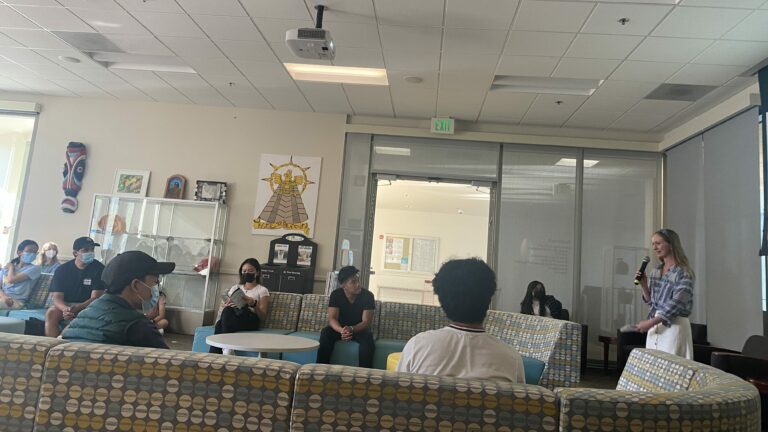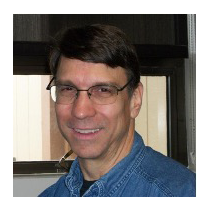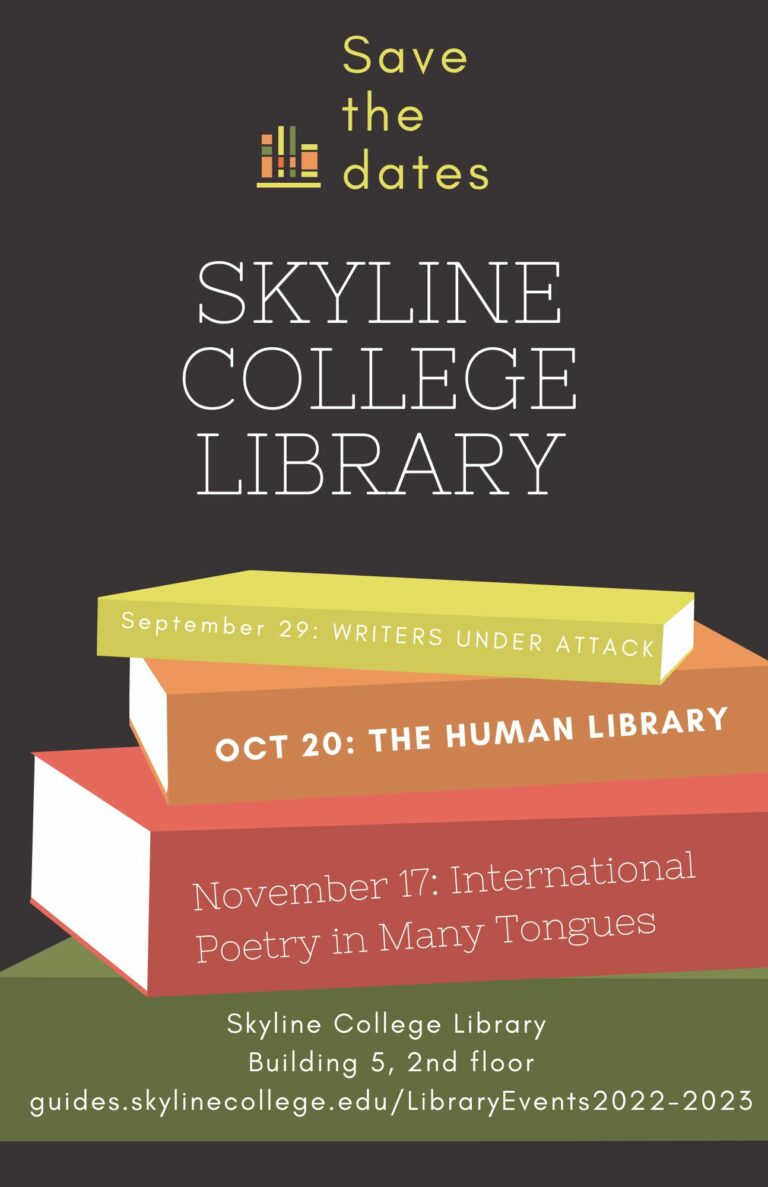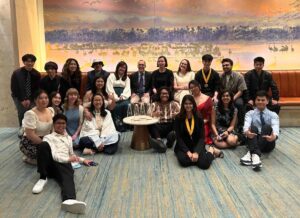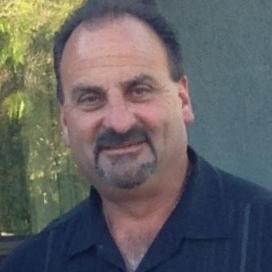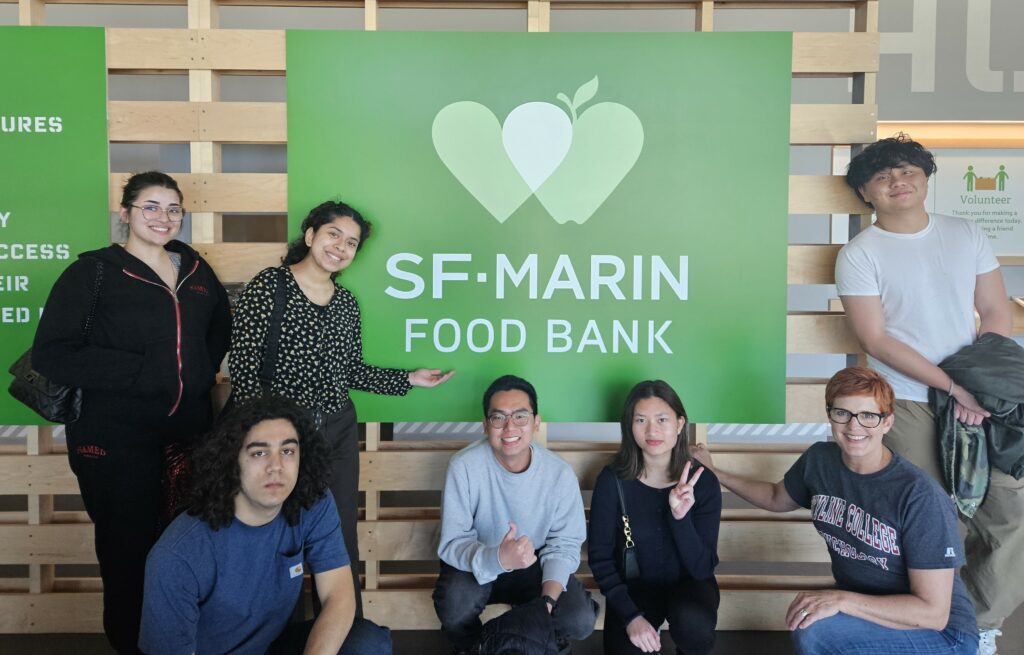The Skyline College Honors Transfer Program (HTP) hosted our...
Day: September 15, 2022
ALLDATA, an online source for automotive information and manufacturers’...
Through events and activities, Skyline College Library creates opportunities...
The Equity Institute of Skyline College is thrilled to...

